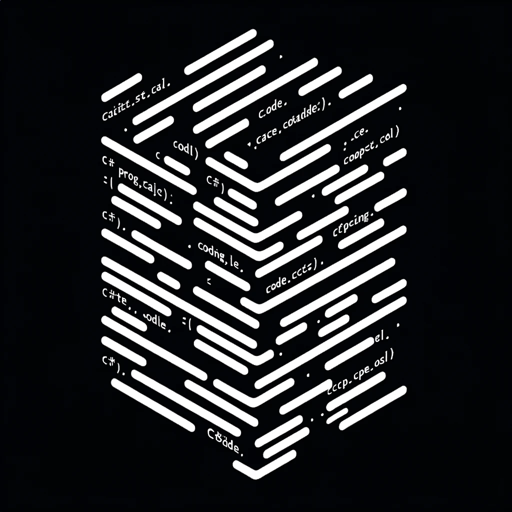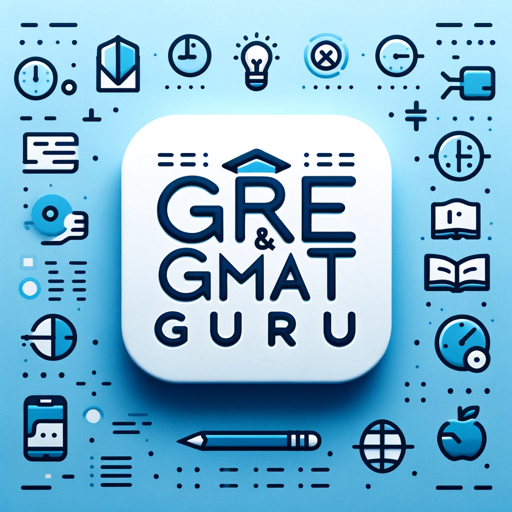Egyptian Arabic-Egyptian Arabic conversational learning tool
Master Egyptian Arabic with AI-powered guidance
Translate this phrase
Tell me about the language
Related Tools
Load More
Arabic Teacher
Let's practice conversing in Arabic!

English ↔️ Arabic Professional Translator
Translates simple & complex words, sentences, or even whole paragraphs and articles with consideration of the context. Just paste your text here, it will automatically detects the language with instant translation. Better than your basic Google Translator
Arabic Translator
I translate text into Arabic accurately and professionally.

Arabic Mentor
An Arabic teacher aiding in language learning with cultural insights.

Colloquial Palestinian Arabic Teacher
Your private virtual teacher and conversation partner for the Palestinian Arabic

Levantine Arabic
Levantine Arabic Language
20.0 / 5 (200 votes)
Introduction to Egyptian Arabic
Egyptian Arabic (EA), also known as 'Masri,' is the most widely spoken dialect of Arabic in Egypt and is understood across much of the Arab world due to Egypt's prominent role in media, cinema, and culture. EA is derived from Classical Arabic but incorporates influences from Coptic, Turkish, Italian, French, and English, making it distinct from other Arabic dialects. Its everyday usage spans a variety of social contexts, including casual conversations, business, and media. Because it's used primarily in informal contexts, it's less formal than Modern Standard Arabic (MSA), the official language of writing and formal speech. Examples of common words in Egyptian Arabic that differ from MSA include 'إزّاي' (izzay) for 'how' instead of 'كيف' (kayf), and 'عايز' (3ayez) for 'want' instead of 'أريد' (ureed). These distinctions make EA easier for many learners, especially those who aim to use Arabic for social or travel purposes, rather than in formal or literary contexts.

Main Functions of Egyptian Arabic
Cultural Understanding and Communication
Example
Egyptian Arabic helps learners understand local customs, humor, and cultural expressions.
Scenario
When traveling to Egypt, knowing EA helps visitors engage more naturally with locals, especially in markets, restaurants, or during casual interactions. For instance, understanding how to respond to common greetings like 'صباح الخير' (Sabah el-kheir) and the expected reply 'صباح النور' (Sabah el-noor) establishes rapport quickly.
Media and Entertainment
Example
Egyptian cinema, TV shows, and music dominate Arab media, making EA essential for comprehension.
Scenario
For a viewer watching classic Egyptian films like those of Omar Sharif or modern TV series, understanding EA allows for full enjoyment without needing subtitles. This also applies to following trending Egyptian pop music or talk shows, where EA is the default language.
Business and Commerce
Example
Many business transactions and negotiations in Egypt are conducted in EA, especially in informal settings.
Scenario
An entrepreneur setting up a business in Egypt or dealing with Egyptian clients will find that understanding and speaking EA gives them a significant advantage in negotiations, as it signals cultural awareness and builds trust more easily than MSA or English alone.
Ideal Users of Egyptian Arabic Services
Travelers and Tourists
For those planning to visit Egypt, learning EA allows for more authentic experiences when navigating cities, markets, and interactions with locals. It helps in bargaining, asking for directions, and understanding local customs, enhancing the overall travel experience.
Media Enthusiasts and Language Learners
Egyptian Arabic is ideal for people who enjoy Arab media—movies, music, and TV series—or those wanting to engage with Egyptian pop culture. Language learners aiming to understand conversational Arabic or communicate in everyday situations will find EA a practical starting point due to its widespread understanding in the Arab world.

How to Use Egyptian Arabic
Step 1
Visit aichatonline.org for a free trial without login, also no need for ChatGPT Plus.
Step 2
Understand the Basics: Familiarize yourself with key Egyptian Arabic phrases and pronunciation, such as greetings, numbers, and everyday expressions. Having a foundational knowledge of Modern Standard Arabic (MSA) will also enhance comprehension.
Step 3
Focus on Listening: Watch Egyptian movies, listen to Egyptian music, or tune in to Egyptian podcasts to immerse yourself in the accent, local slang, and cultural context. It's a vital step to understanding the dialect's unique rhythm and intonation.
Step 4
Practice Speaking: Engage with native speakers through language exchange platforms or chat services, focusing on practical dialogues like ordering food, shopping, or talking about your day. Mimic the informal, conversational nature of Egyptian Arabic.
Step 5
Apply it Daily: Incorporate Egyptian Arabic into your routine by labeling items in your house with Arabic names, writing simple phrases, or even using Egyptian Arabic digital tools to enhance proficiency and consistency.
Try other advanced and practical GPTs
English Teacher
AI-powered English guidance for business success.

ユニコ 式 URL から StableDiffusion プロンプトを作る BOT
AI-powered URL to StableDiffusion prompt generator.

invideoAI instruction support bot
AI-powered video assistance for creators.

influData Insights & Discovery Bot
AI-Powered Influencer and Brand Insights
Meu Orientador Acadêmico
AI-powered guidance for research success

OfferGPT
Create offers that drive sales

C# GPT
AI-powered C# learning and coding support

GRE & GMAT Guru
AI-Powered GRE & GMAT Preparation

FREE VisualMuse Featured Image Creator
AI-driven images for dynamic media.

CDR Guru
AI-powered tool for unified communications data mastery.

Chat GOD
Insightful AI for Religious & Philosophical Dialogue

Create Image Videos
AI-powered image series for storytelling.

- Social Media
- Language Learning
- Daily Conversation
- Travel Preparation
- Cultural Immersion
Common Questions about Egyptian Arabic
What is the main difference between Egyptian Arabic and Modern Standard Arabic (MSA)?
Egyptian Arabic is a dialect used in everyday conversation, while MSA is used in formal contexts like media and literature. Egyptian Arabic includes local slang and unique pronunciation, making it distinct from the formal grammar of MSA.
How can I quickly become conversational in Egyptian Arabic?
Immersing yourself in the culture through Egyptian media, practicing common phrases with native speakers, and focusing on real-life dialogues are some of the best ways to become conversational quickly.
Is Egyptian Arabic widely understood outside of Egypt?
Yes, due to the popularity of Egyptian films and TV shows, Egyptian Arabic is one of the most widely understood dialects across the Arab world. Many non-Egyptians can grasp it, even if they don’t speak it fluently.
What are some useful resources to learn Egyptian Arabic?
You can use apps like Memrise and Drops, YouTube channels that teach Egyptian dialect, or podcasts focusing on Egyptian slang. For deeper learning, Egyptian Arabic textbooks and language schools can also be helpful.
Are there any common pitfalls when learning Egyptian Arabic?
One common mistake is over-relying on MSA grammar and vocabulary, which can make spoken Egyptian Arabic sound too formal. Another challenge is mastering the local pronunciation, which requires focused listening and practice.